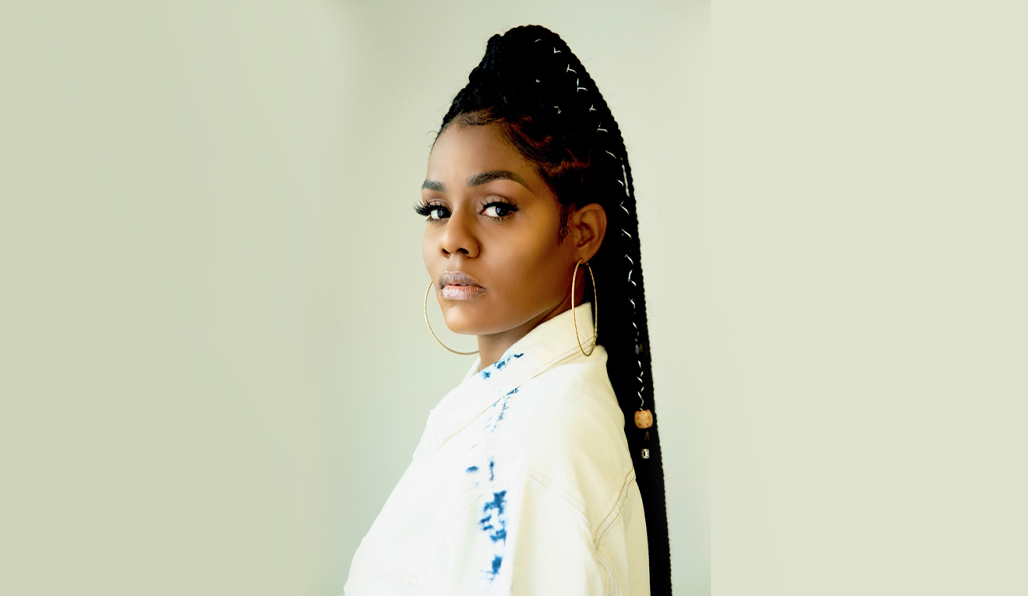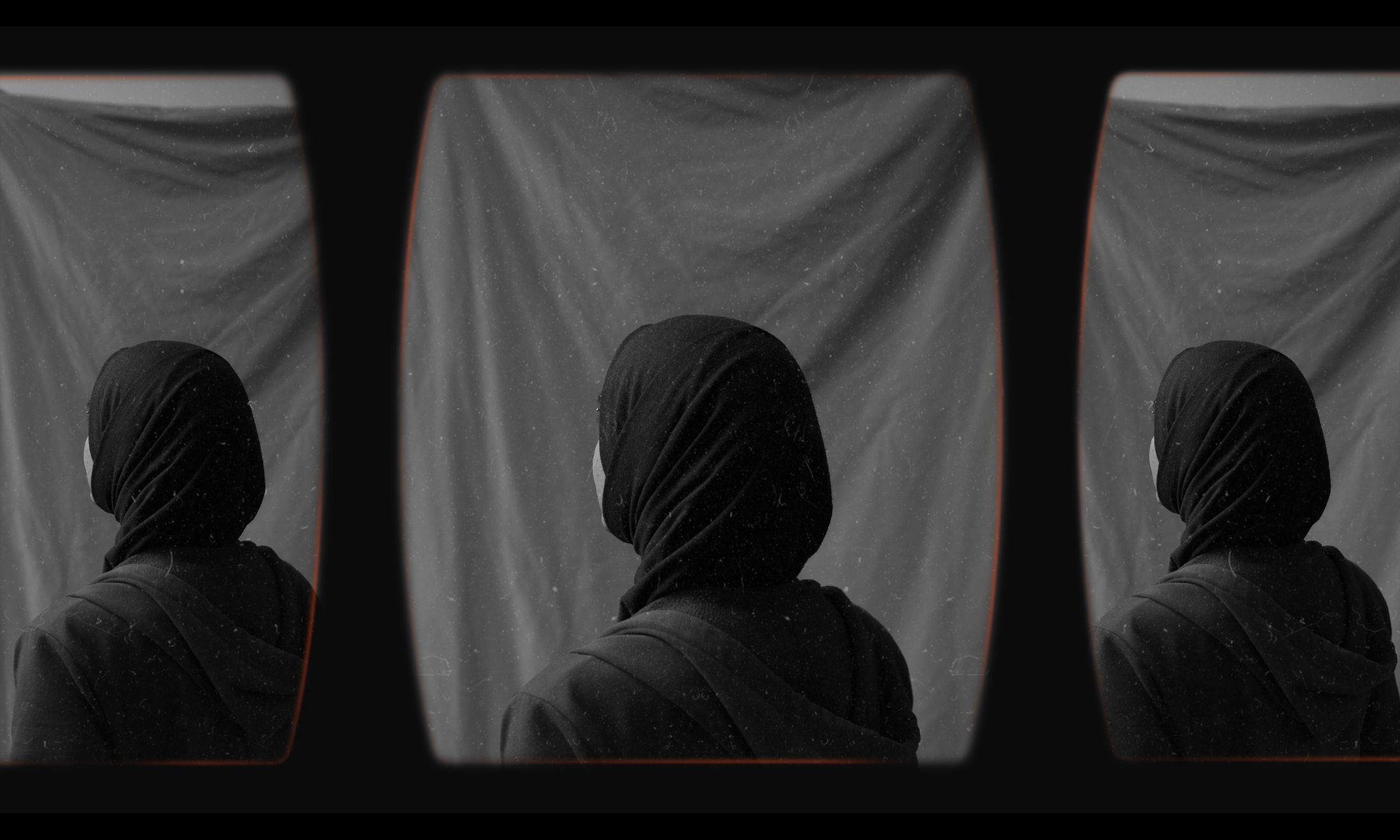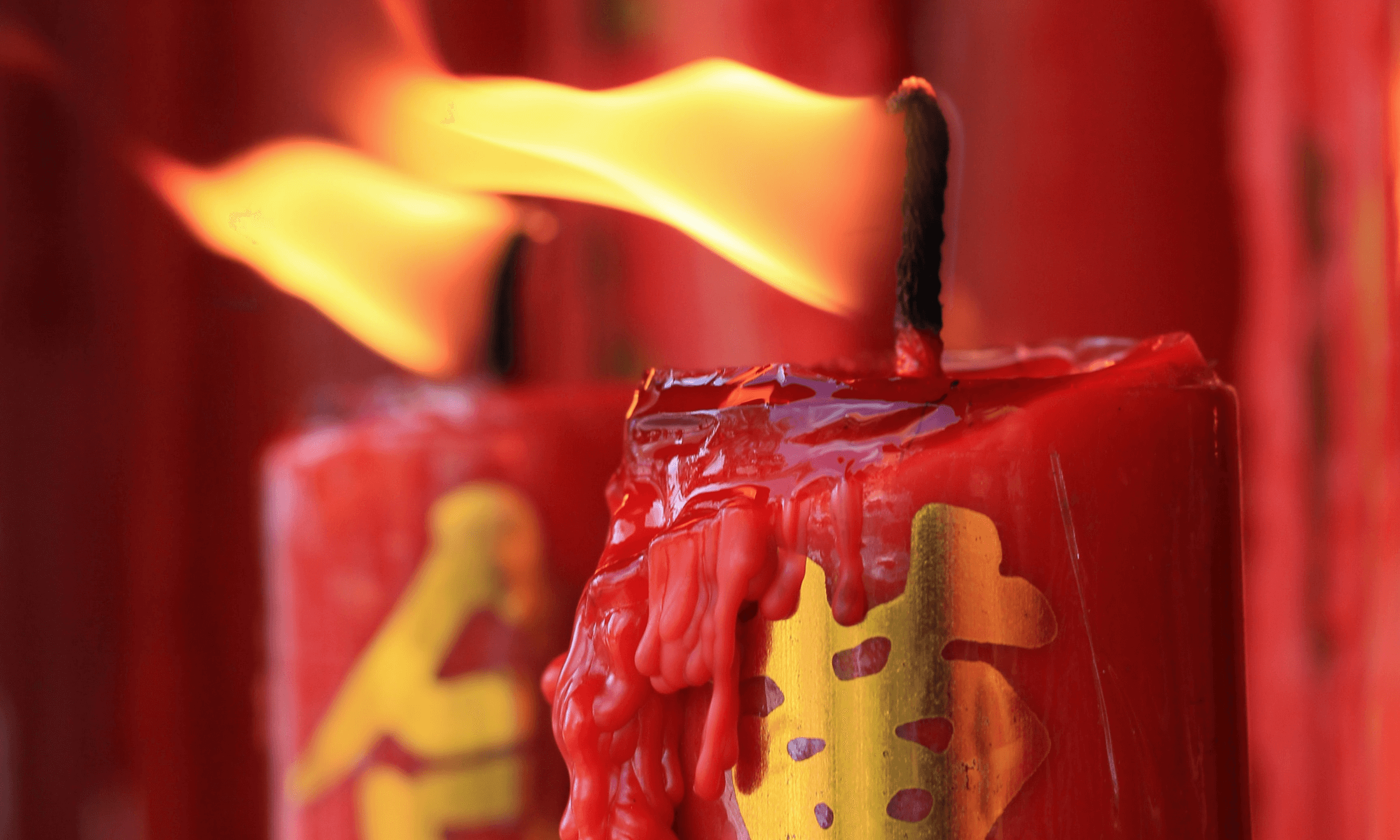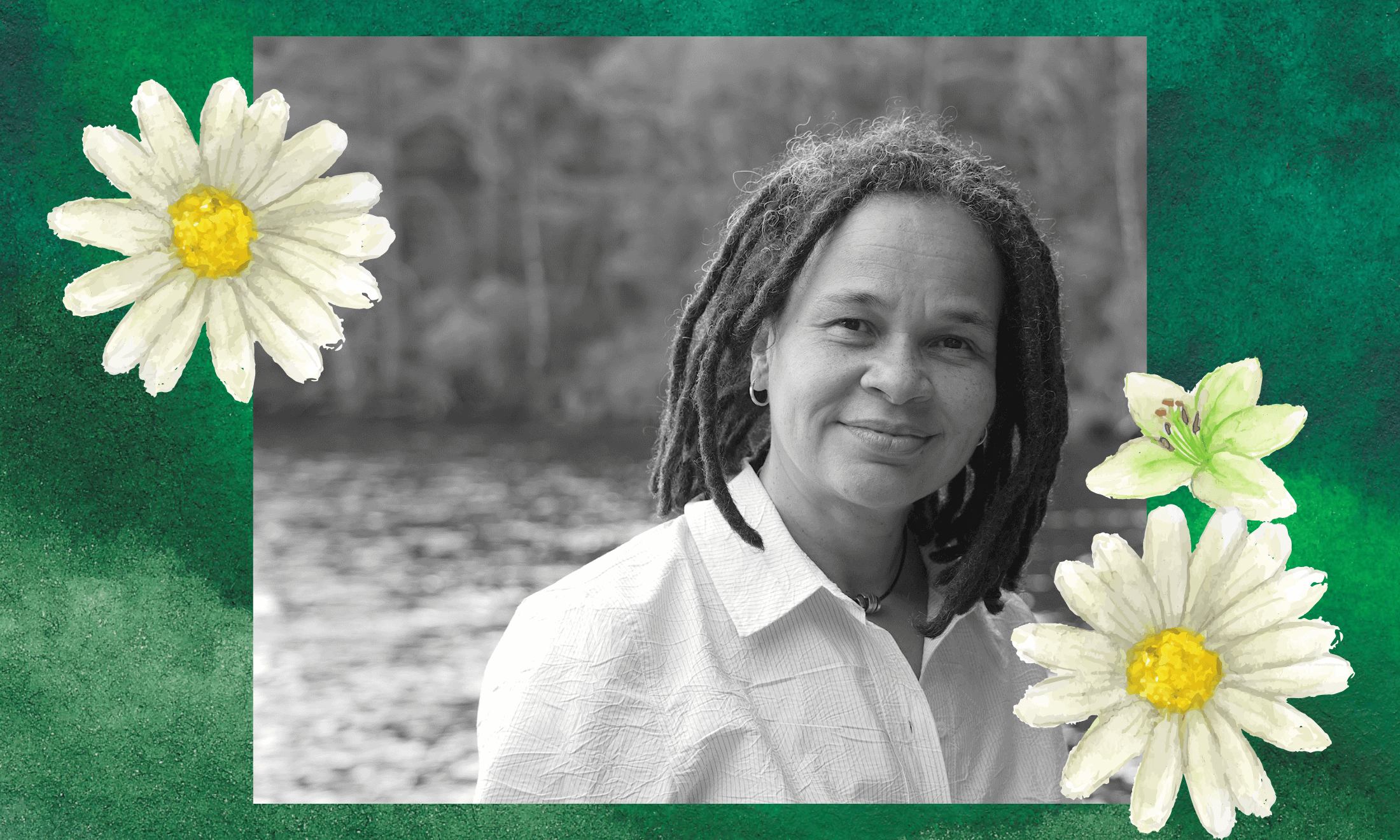
Sophia Humphreys
My own personal relationship with Creole started at home. I’m a singer/songwriter from the Caribbean island of Dominica – known as the Nature Isle – and my father and grandmother are from the part of Dominica where Creole is widely spoken. So, like my mom, I had to learn by listening. Growing up, I was so eager to understand what was being said in my presence in a foreign language.
Creole languages are hybrids, generally the result of colonisation, enslavement and indentured labour. Accordingly, Creole most often blends elements of European languages with a variety of non-European ones – this means amalgamating the vocabulary, but also streamlining all the different grammatical structures. This was then passed down as a native language, and I’m very proud to speak in a linguistic system my ancestors created, to survive amidst hundreds of African tongues and that of their ever-changing colonisers.
“I’m very proud to speak in a linguistic system my ancestors created, to survive amidst hundreds of African tongues and that of their ever-changing colonisers”
Creole language music in Dominica comes in the form of cadence-lypso, a hybrid between cadence and calypso. I was part of a band called Ti Orkest (Little Orchestra) who won a local music competition two years in a row and – although English lyrics are allowed – we chose to sing in Creole. Other genres similar to cadence-lypso include compas and zouk from the neighbouring French Islands like Guadeloupe, Martinique and Haiti, who proudly claim their own strains of the Creole language.
Though the islands speak their own strain of the language, the magical thing is that we all understand each other. It’s like speaking the same language but with different accents and variations of words. Like how a British citizen will understand an American citizen speaking English, but the American citizen may have to ask for the meaning of a localised word like “peng”. Despite that, the gist of what’s being said will still be fully understood. Martinique, Guadeloupe, Saint Lucia, Dominica, Haiti and even New Orleans and Louisiana all speak or have hung onto smatterings of Creole.
Creole now comes naturally to me – sometimes I speak it even more than English. And so it was inevitable that it filtered into my music. Though I’m based in Barbados, my musical journey began at home, listening to my dad play and sing along to multiple instruments, or the tapes that he played, or the radio. Music from the 1960s, 1970s and 1980s always blasted throughout my house. My older brothers brought in 1990s and early 2000s rap and hip-hop, so I had a pretty wide range of music that I would hear on the regular. All this music that I heard growing up mostly came from either the United States or the UK.
“Singing in Creole makes me feel like I can reach people who may not normally listen to my type of music, or non-English language music at that”
But I don’t want to sound British or American in my music. I respect rap and other genres for where they come from, and so I’m just putting a bit of my identity into my music as well, like Dominican or Caribbean slang and Creole words or sentences.
Creole in my music is very subtle for the moment. It may be seen as a change in pronunciation of an English word when it’s really a Creole word. In a few unreleased songs, I actually have entire Creole choruses that I hope will capture my listeners attention and interest and lead them to find out more about the language.
Singing in Creole makes me feel like I can reach people who may not normally listen to my type of music, or non-English language music at that. I feel like I can open doors of introduction by making people curious. I’ll carry it with me and spread it as far and wide as I can. Creole, to me, is magic.









